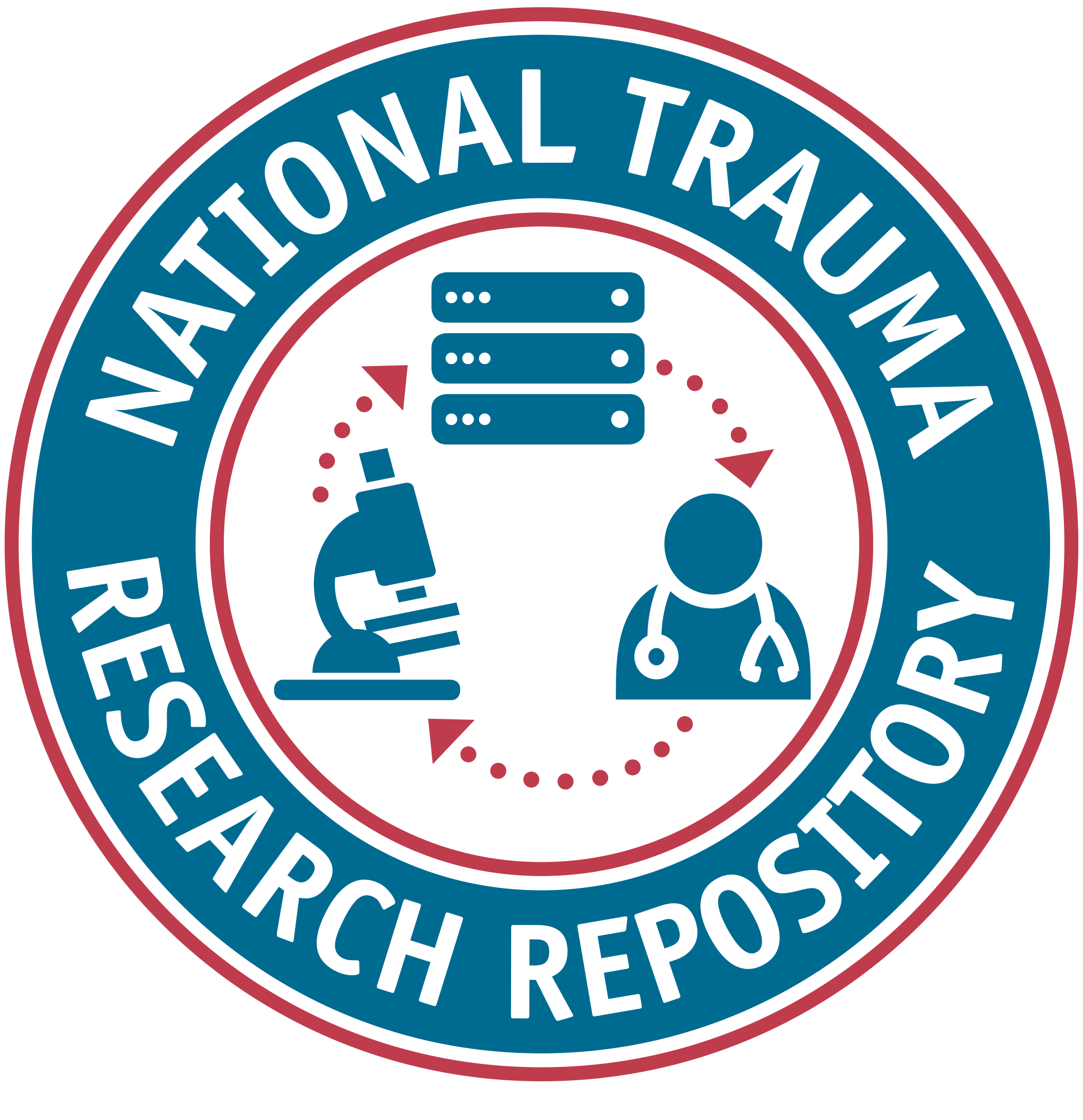Unique Data Element: Adaptive Behavior Assessment System II (ABAS II) Parent Form - repeats stories or jokes frequency - mod followup CHAI
Listed below are the details for the data element.
FITBIR
1.0
Element Type
Unique Data Element
Adaptive Behavior Assessment System II (ABAS II) Parent Form - repeats stories or jokes frequency - mod followup CHAI
ABASPRepeatStoryFreqModFUCHAI
Short Description
Frequency that child repeats stories or jokes after hearing them from others (ABAS II Parent Form - Communication) - mod followup CHAI
Definition
Frequency that child repeats stories or jokes after hearing them from others (ABAS II Parent Form - Communication) - mod followup CHAI
Notes
Creation Date
Historical Notes
References
Harrison P.L. and Oakland T. (2000). Adaptive Behavior Assessment System II (ABAS-II). San Antonio: Harcourt Assessment, Inc. Survey copyright by PsychCorp, of Harcourt Assessment, Inc. Retrieved from the Pearson Clinical website: http://www.pearsonclinical.com/education/products/100000449/adaptive-behavior-assessment-system-second-edition-abas-second-edition.html
Data Type
Numeric Values
Input Restrictions
Single Pre-Defined Value Selected
Population
Pediatric
Guidelines/Instructions
For the next set of questions, rate your child according to how often they correctly performed a behavior, when the behavior needed to be displayed. The child should be able to perform the activity without help unless otherwise indicated. The next set of questions is about communication.
Preferred Question Text
How often does your child currently repeat stories or jokes after hearing them from others?
Category Groups and Classifications
| Disease | Domain | Sub-Domain |
|---|---|---|
| Traumatic Brain Injury | Outcomes and End Points | Language and Communication |
| General (For all diseases) | Assessments and Examinations | Physical/Neurological Examination |
Classification
Traumatic Brain Injury:
Supplemental
Moderate/Severe TBI: Rehabilitation
Epidemiology
Concussion/Mild TBI
Acute Hospitalized
General (For all diseases):
Supplemental
Keywords
Labels





